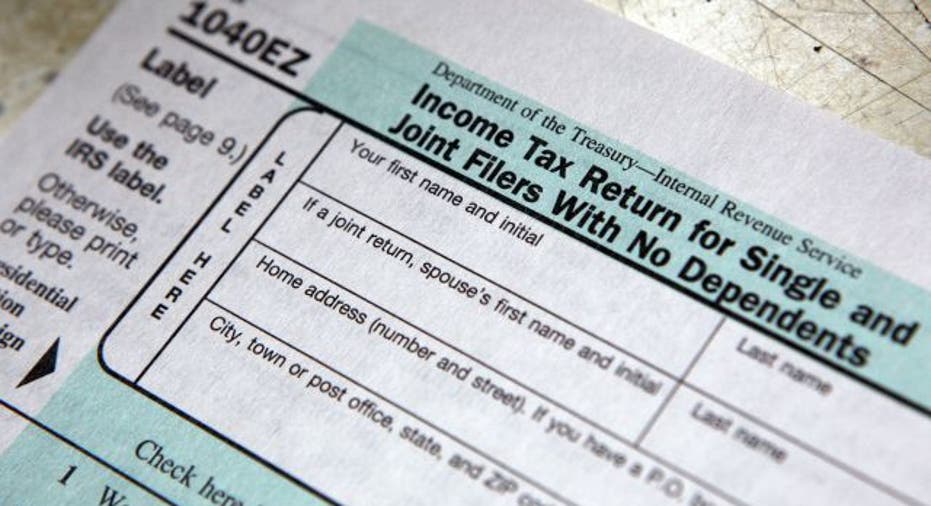How to Deduct Charitable Contributions

Tis the season for giving, and nonprofits all across the country are geared up for fundraising.
You may be receiving countless invitations to donate goods and services, and if you itemize deductions on your tax return rather than taking the standard deduction, you may deduct all gifts given to a bona fide charity.
Keep in mind that the recipient of your charitable generosity must be a qualified 501(c)(3) in order to take the deduction. The IRS does allow deductions made to individuals.
Cash/Check Donations
Years ago, all one needed to substantiate a charitable deduction in the event of an audit was a cancelled check. That’s no longer the case; the IRS requires an acknowledgment letter from the charity to further confirm the deduction. Auditors have been very strict about this requirement. When one of my clients was unable to provide an acknowledgment letter for a $10 donation to the March of Dimes during an audit, the deduction was disallowed.
The tough rules that surround charitable giving are to make sure taxpayers aren’t double dipping. Often a charity will provide goods or services in exchange for cash donations. This is usually the case with fundraisers for public television stations. For instance, you may be entitled to receive a DVD of a popular program in exchange for a $100 donation. The IRS code states that the value of any goods or services received must be deducted from the total amount given and the remainder represents the write off. So in the case of the $100 donation, say you receive a DVD valued at $35, you may only deduct $65 on your tax return. The nonprofit organization is required to list the goods or services and the value received by the donor. The net donation amount must also be included in the acknowledgement letter.
Car Donations
A big red flag for the IRS is the donation of vehicles. In the past, many taxpayers would fudge numbers and attempt to write off amounts substantially higher than the vehicle’s worth. The new laws read that you are allowed to write off the amount the recipient organization was able to raise at auction. It’s up to the nonprofit to provide you with the figures. If the vehicle is retained by the nonprofit for use in its program activities, you may deduct the fair market value of the vehicle. But make sure you have substantiation.
The acknowledgement letter must also be contemporaneous. That means you have to have received the letter from the nonprofit prior to filing your tax return. I’ve heard of cases in which deductions were disallowed because the taxpayer waited until an audit to secure the letter. It seems unfair, but those are the rules.
Non-Cash Donations
If you make noncash contributions, such as clothing, furniture and household goods, it behooves you to keep a detailed accounting of what was donated. Goodwill provides a Donation Valuation Guide that you may find useful to determine the amount of your deduction.
Stock Donations
Stocks donated to charity can be valued as of the date of the donation. This can prove advantageous if the stocks have appreciated in value as you are not required to pay capital gains tax on the built-in profit.
So let’s say you purchased stock for $500 a year ago then donated it today to a charity. And let’s say the stock has risen in value and is now worth $750. If you were to sell the stock, you would pay taxes on the $250 capital gain – even if you were to donate all of the funds received to the charity.
However, let’s say, you donated the stock directly. You would pay no capital gains tax and you would enjoy a write off of $750 on your income tax return. Be sure to keep a record to substantiate what the selling price would have been.



















